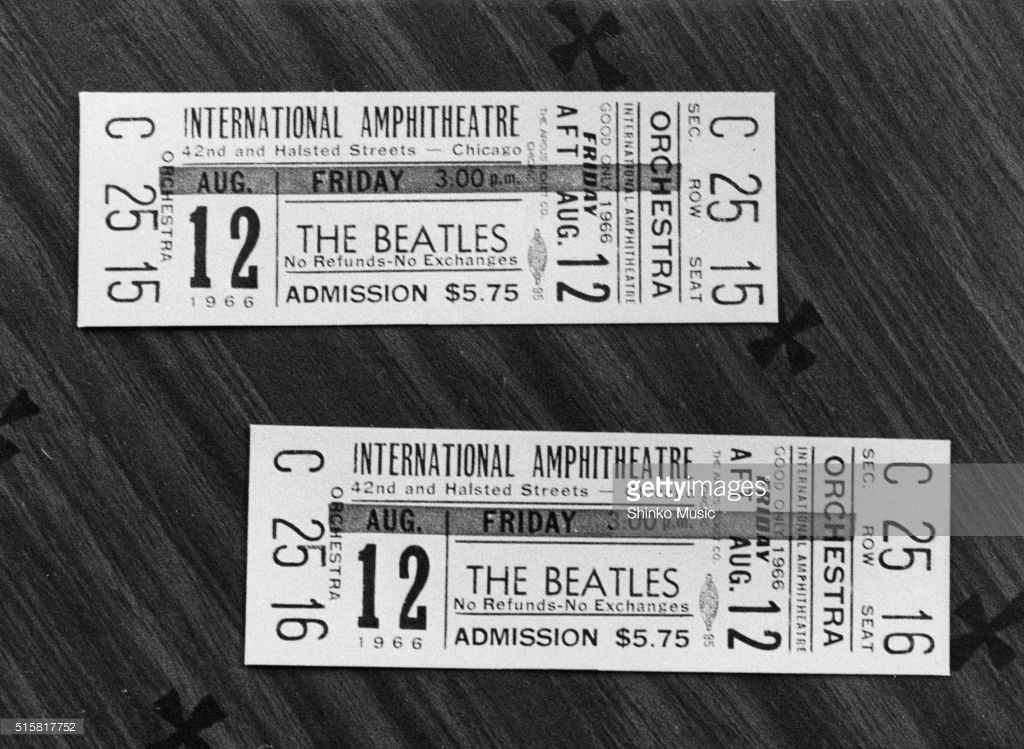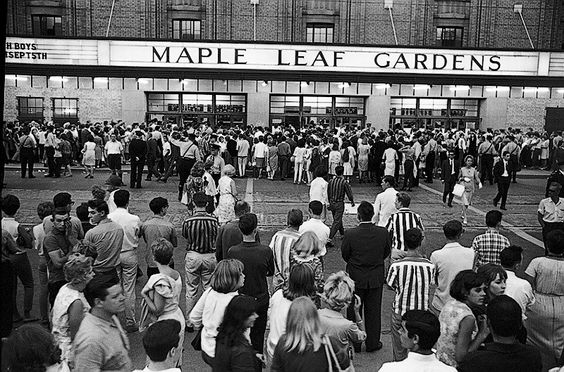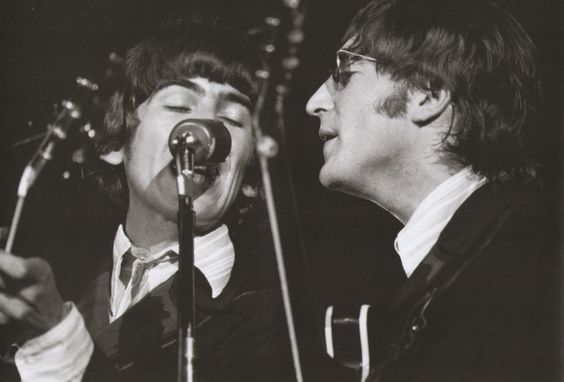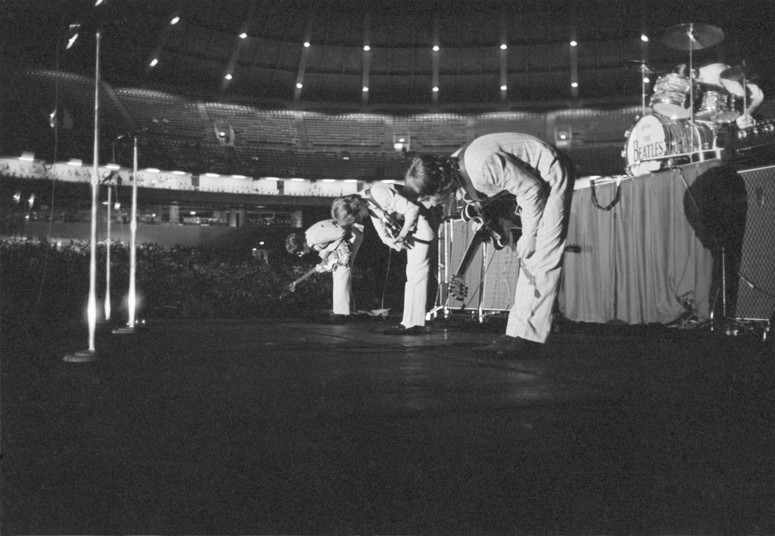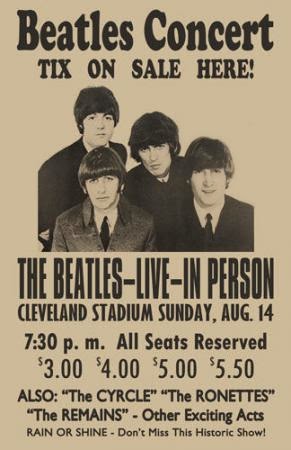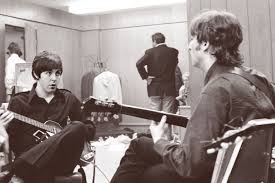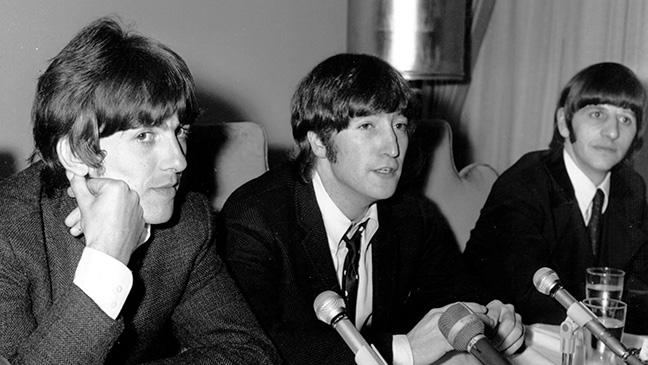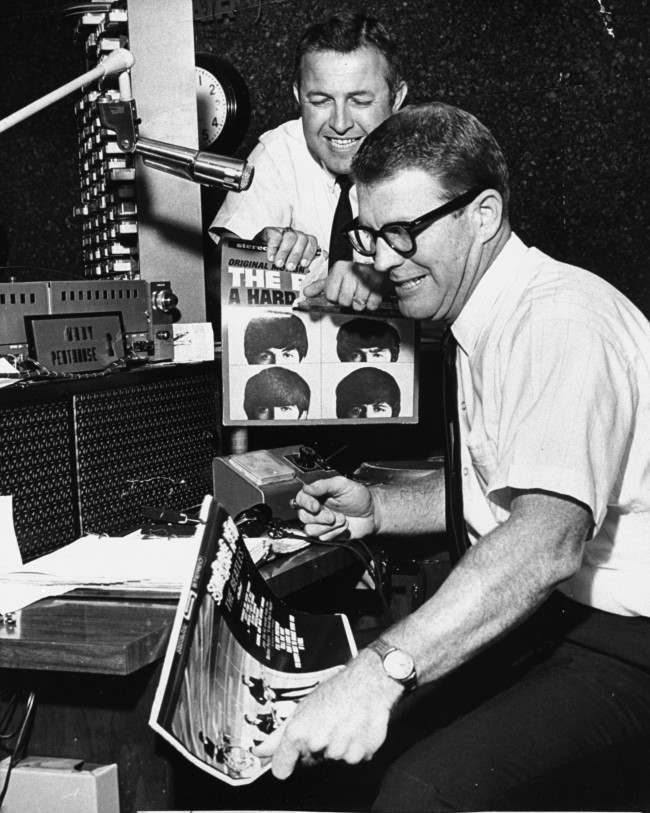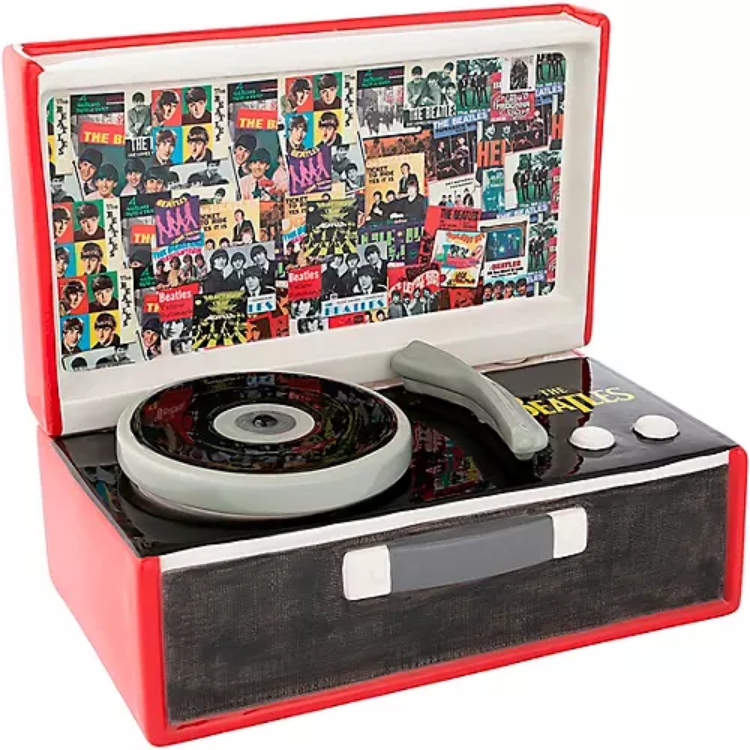International Amphitheatre, Chicago, USA
The Beatles flew into the United States from London Airport on August 11th, landing at Boston and switching planes there within minutes for Chicago. That evening they hosted their usual one-a-city press conference, this one relieved of its usual monotony by a resolution of the "We're more popular than Jesus" now, in which John, supported by the three Beatles, tried to placate the American public about his famous statement. Naturally, the Beatles' press conferences were usually filmed and recorded by local radio and TV stations, but this one carried additional worldwide interest so extracts were screened in news rograms around the world. In the US, the three TV networks, NBC, CBS, and ABC, all screened special programs in the evening.
The Beatles began their 14-date final tour with a concert at Chicago's International Amphitheater, a venue they had previously played in September 1964.
They played two shows, at 3pm and 7.30pm, each of which was seen by 13,000 people. Support acts for the entire tour were The Remains, Bobby Hebb, The Cyrkle and The Ronettes.
The Beatles' standard set throughout the tour consisted of 11 songs: Rock and Roll Music, She's a Woman, If I Needed Someone, Day Tripper, Baby's In Black, I Feel Fine, Yesterday, I Wanna Be Your Man, Nowhere Man, Paperback Writer and I'm Down. During the tour they occasionally substituted the final song with Long Tall Sally.
The International Amphitheatre stood at 42nd Street and South Halsted. It became unable to attract enough large events during the 1970s and 1980s and suffered a decline. The venue was demolished in August 1999.
